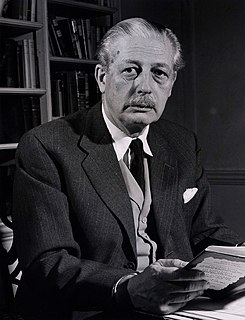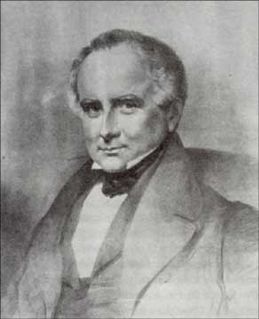A Quote by John Dryden
Bets at first were fool-traps, where the wise like spiders lay in ambush for the flies.
Related Quotes
We could almost say that being willing to be a fool is one of the first wisdoms. So acknowledging foolishness is always a very important and powerful experience. The phenomenal world can be perceived and seen properly if we see it from the perspective of being a fool. There is very little distance between being a fool and being wise; they are extremely close. When we are really, truly fools, when we actually acknowledge our foolishness, then we are way ahead. We are not even in the process of becoming wise — we are already wise.
There are just four kinds of bets. There are good bets, bad bets, bets that you win, and bets that you lose. Winning a bad bet can be the most dangerous outcome of all, because a success of that kind can encourage you to take more bad bets in the future, when the odds will be running against you. You can also lose a good bet no matter how sound the underlying proposition, but if you keep placing good bets, over time, the law of averages will be working for you.
They [American Indians] never did straight-up fights. It wasn't about, you know, getting killed in the line of fire. It was all ambush, ambush, ambush, and you ambush somebody, and then you take the scalps, and you - even though scalping wasn't created by the American Indians. It was created by the white man against Indians, and they just took it and claimed it.





































